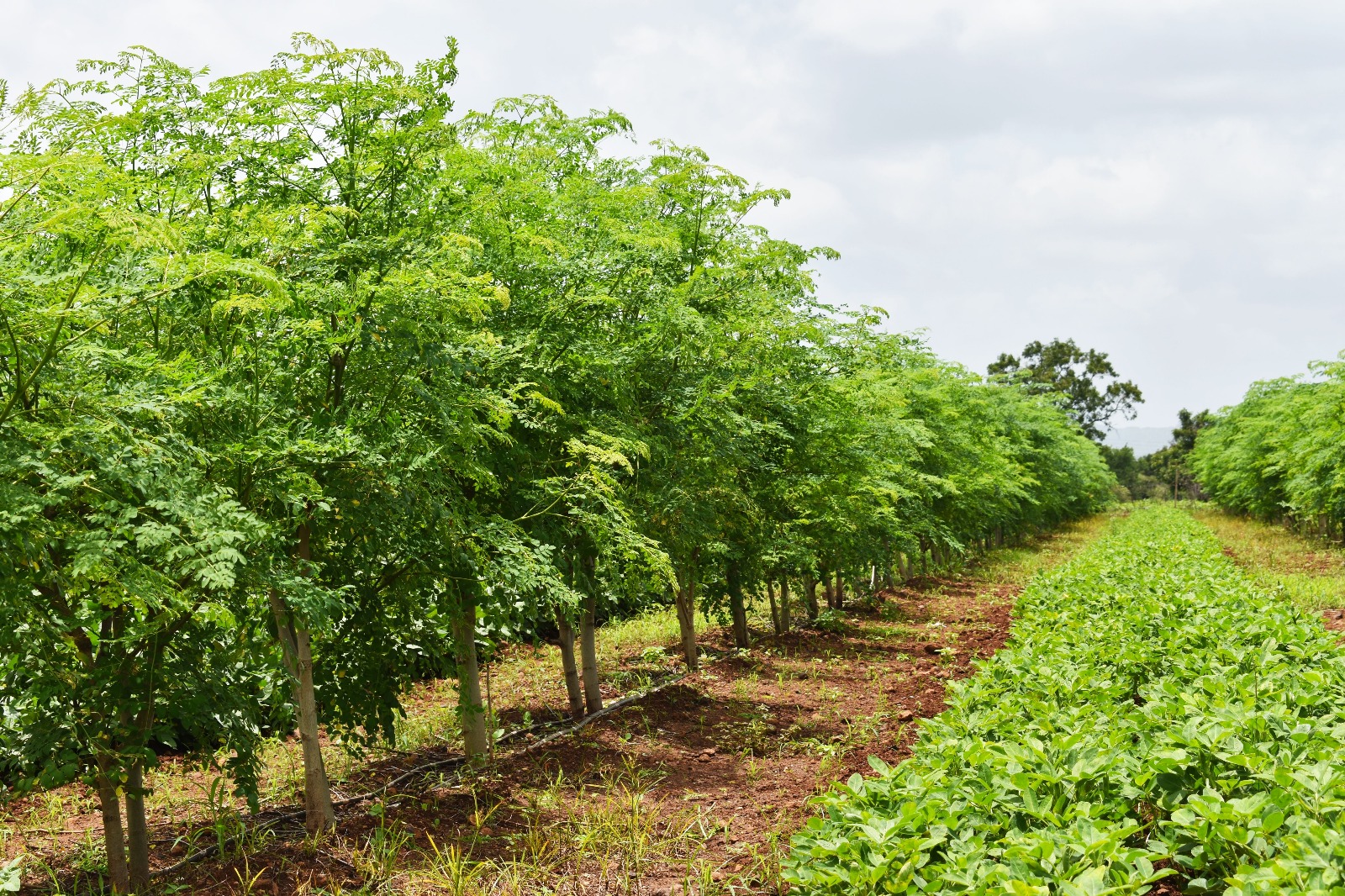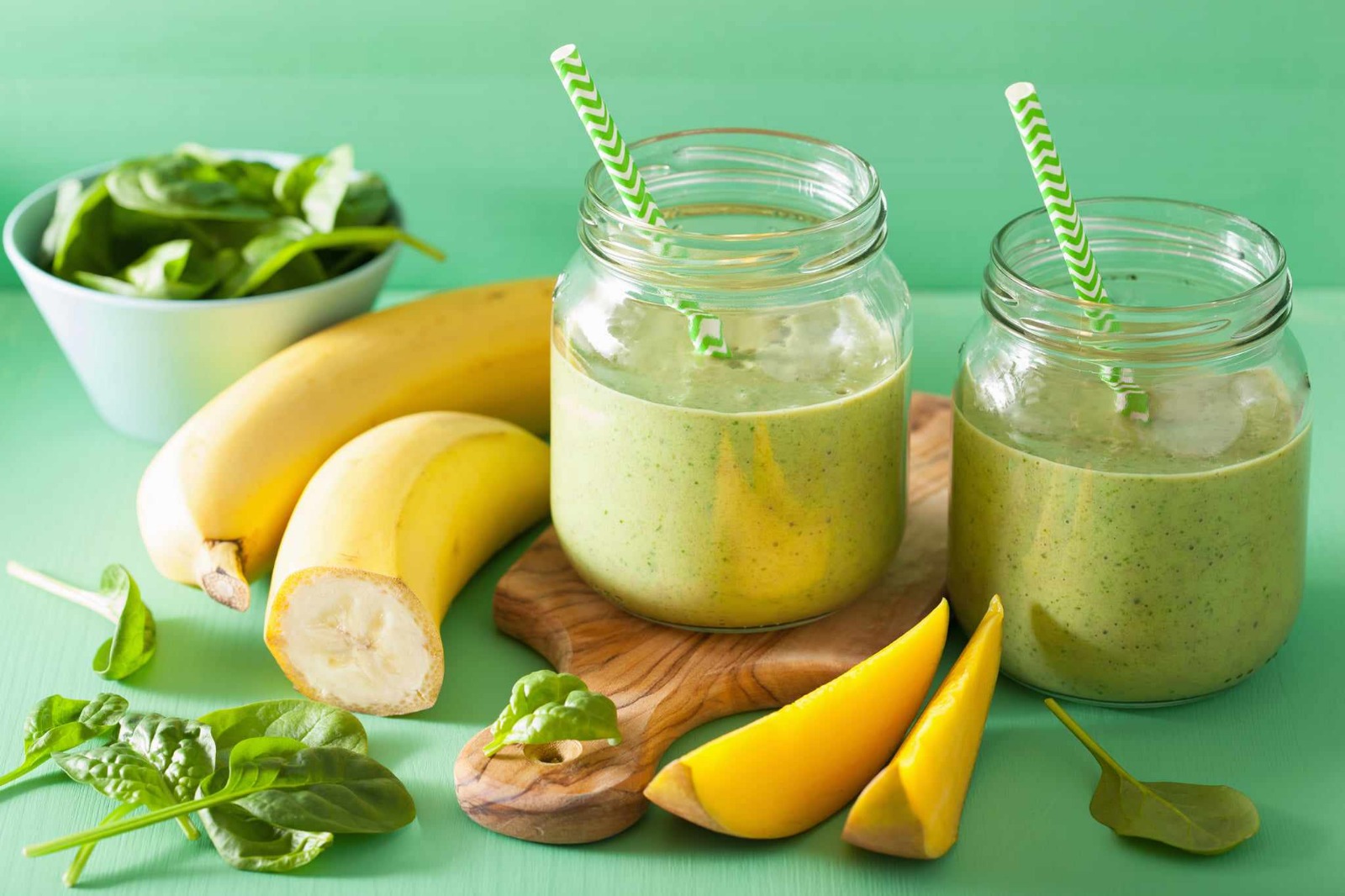Why Moringa Is Not FDA Approved?
Moringa, also known as Moringa oleifera, is a popular plant-based supplement that has gained a lot of attention in recent years due to its perceived health benefits. However, many people are curious about whether or not moringa is FDA approved. In this article, we’ll explore why moringa is not FDA approved, and what that means for consumers who are interested in using this supplement. We’ll also discuss the safety of moringa as a dietary supplement and provide tips for making informed decisions about using moringa or any other dietary supplement.
In the US, dietary supplements are not subject to the same regulations as pharmaceuticals, thus the Food and Drug Administration (FDA) does not evaluate them for safety and efficacy prior to commercial marketing.
What is FDA Approval?
FDA approval is an important regulatory process that is designed to ensure the safety and efficacy of drugs, medical devices, and certain food additives. When a new drug or medical device is developed, it must go through a rigorous approval process that involves several stages of clinical trials to establish its safety and effectiveness. Only after the FDA has reviewed and approved the clinical data can the drug or device be marketed and sold to consumers.
FDA approval is different from FDA clearance or FDA registration. FDA clearance is required for medical devices that are considered low to moderate risk, while FDA registration is required for food facilities and certain types of medical device manufacturers. However, neither of these processes involves the same level of scrutiny as FDA approval.
It’s important to note that FDA approval is typically reserved for drugs, medical devices, and certain food additives, but it is not required for dietary supplements like moringa. Dietary supplements are regulated differently from drugs and medical devices, and are not subject to FDA approval before they can be sold to consumers. In the next section, we’ll explore how FDA regulation applies to dietary supplements and why moringa is not FDA approved.
How Does FDA Regulation Apply to Dietary Supplements?
In the US, dietary supplements are not subject to the same regulations as pharmaceuticals, thus the Food and Drug Administration (FDA) does not evaluate them for safety and efficacy prior to commercial marketing.
Dietary supplements are regulated differently from drugs and medical devices under the FDA. While drugs and medical devices require FDA approval before they can be marketed and sold to consumers, dietary supplements like moringa do not require FDA approval. This is because dietary supplements are classified as food products, not drugs or medical devices.
However, this doesn’t mean that dietary supplements are completely unregulated. The FDA does have some oversight over the manufacturing, labeling, and marketing of dietary supplements. For example, supplement manufacturers are responsible for ensuring the safety and quality of their products, and must comply with certain manufacturing regulations. Additionally, supplement labels must include certain information such as the ingredients list, serving size, and any potential warnings or precautions.
The FDA can take action against dietary supplements that are found to be unsafe or mislabeled. For example, if a supplement is found to contain a harmful ingredient, the FDA can take action to remove the product from the market. Additionally, supplement manufacturers are not allowed to make specific health claims on their product labels without first providing scientific evidence to support those claims.
It’s important to note that while dietary supplements like moringa are not FDA approved, they are still widely available and are not necessarily unsafe. However, it’s important for consumers to do their own research and to consult with a healthcare professional before taking any dietary supplement. In the next section, we’ll discuss what moringa is and why it is not FDA approved.
What is Moringa and Why is Moringa Not FDA Approved?
Moringa is a plant-based dietary supplement that has gained popularity in recent years due to its perceived health benefits. Moringa is derived from the Moringa oleifera tree, which is native to parts of India, Pakistan, and Nepal. The leaves, seeds, and pods of the tree are commonly used to make supplements, teas, and powders.
Moringa is often marketed as a “superfood” due to its high nutrient content. It is rich in vitamins, minerals, and antioxidants, and is also a good source of protein and fiber. Some studies have suggested that moringa may have health benefits such as reducing inflammation, improving digestion, and lowering cholesterol.
Despite its perceived health benefits, moringa is not FDA approved. This means that the FDA has not reviewed and approved the safety and effectiveness of moringa as a dietary supplement. As we discussed earlier, dietary supplements are regulated differently from drugs and medical devices, and are not subject to FDA approval before they can be marketed and sold to consumers.
While moringa is generally considered safe for most people, there are some potential side effects and interactions to be aware of. For example, moringa may interact with certain medications and can also cause digestive upset in some individuals. Additionally, it’s important to ensure that you are purchasing moringa from a reputable source, as the quality and purity of dietary supplements can vary widely.
In the next section, we’ll explore some of the reasons why moringa is not FDA approved, and what that means for consumers who are interested in using this supplement.

Why is Moringa Not FDA Approved?
Moringa is not FDA approved because it is classified as a dietary supplement, and dietary supplements are not subject to FDA approval before they can be marketed and sold to consumers. While the FDA does have some oversight over the manufacturing, labeling, and marketing of dietary supplements, the agency does not review and approve the safety and effectiveness of these products before they are sold to consumers.
This means that moringa has not gone through the same rigorous testing and clinical trials that drugs and medical devices must undergo to gain FDA approval. Without FDA approval, it can be difficult to determine the safety and efficacy of a dietary supplement like moringa.
Supplement industry is self-regulated, thus manufacturers are responsible for ensuring safety and quality. While there are regulations in place to govern supplement manufacturing, there is no guarantee that every supplement on the market is safe and effective.
It’s also worth noting that while moringa is generally considered safe for most people, there are some potential risks and side effects associated with its use. For example, moringa may interact with certain medications, and it can also cause digestive upset in some individuals. Because moringa has not undergone FDA approval, it’s important for consumers to do their own research and to consult with a healthcare professional before taking this supplement.
In conclusion, while moringa may offer potential health benefits, it is important to understand that it is not FDA approved. It’s important to do your own research and to make an informed decision before adding moringa to your diet.
Is Moringa Safe?
Moringa is generally considered safe for most people when taken in appropriate doses. However, like any supplement, there are potential risks and side effects to be aware of.
Some people may experience digestive upset when taking moringa, including nausea, diarrhea, and bloating. Consult a healthcare professional before taking moringa with any prescription medication as it may interact.
There is also a risk of contamination or adulteration with dietary supplements, including moringa. Select a reputable brand with third-party certification and good manufacturing practices, as supplement industry is self-regulated.
Pregnant and breastfeeding women should exercise caution when taking moringa due to limited research on its safety.
In summary, moringa is safe for most, but consult healthcare professionals for potential risks before consumption. Ensure safe and responsible use of moringa by choosing reputable brands and being mindful of medication interactions.

Conclusion
While moringa may offer potential health benefits, it is not FDA approved. Moringa as a supplement isn’t subjected to drug and device levels of testing for FDA approval. FDA oversees supplement labeling and manufacturing, but doesn’t review safety and effectiveness pre-sale.
Lack of FDA approval means it can be difficult to determine the safety and efficacy of a supplements like moringa. Despite lacking FDA approval, moringa is generally safe for most people and may offer health benefits.
Consult a healthcare professional before taking moringa or any other dietary supplement. Stay safe and responsible while using supplements by choosing a reputable brand, consulting healthcare professionals, and being aware of risks.
Ultimately, while moringa is not FDA approved, it remains a popular dietary supplement with potential health benefits. By being informed and taking steps to use supplements safely, you can help support your overall health and well being.
References
“Dietary Supplements: What You Need to Know.” National Institutes of Health Office of Dietary Supplements. https://ods.od.nih.gov/HealthInformation/DS_WhatYouNeedToKnow.aspx
“Moringa oleifera: A Review on Nutritive Importance and Its Medicinal Application.” Food Science and Human Wellness, vol. 5, no. 2, 2016, pp. 49-56. https://doi.org/10.1016/j.fshw.2016.04.001
Moringa With Barry stores offer a variety of moringa products. These include: Moringa Powder, Moringa Tea, Moringa Capsules and Moringa Oil.
Read more:
The Sweet Taste of Moringa Seeds: Unveiling the Reason Behind Their Natural Sweetness
Understanding the Link: Moringa and Diarrhea – Causes and Solutions
Unveiling the Wonders: Exploring Moringa as a Miracle Tree
Moringa The Superfood Sensation: Unlocking the Nutritional Powerhouse
Why Moringa is Good: Unraveling the Health Benefits of this Remarkable Plant





1 Comment
Its nearly impossible to find well-informed people for this topic, but you seem like you know what you’re talking about! Thanks